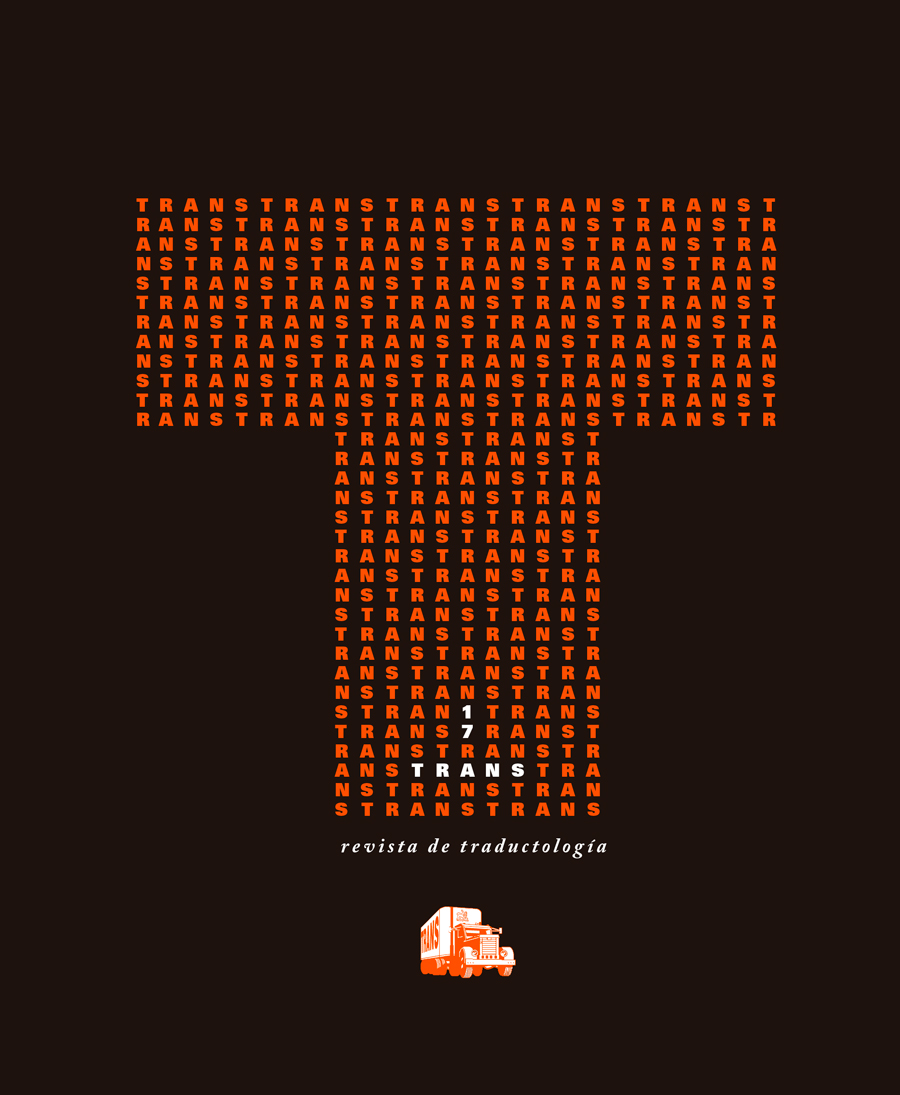The potential of integrating dubbing activities in the translation classroom
DOI:
https://doi.org/10.24310/TRANS.2013.v0i17.3230Keywords:
translator training, dubbing didactics, dubbing industry, role of the translator, rough translationAbstract
Germany is a dubbing country, but translators do not play an important role in the dubbing process. Still, it makes sense to teach dubbing in the translation classroom, for a variety of reasons. Firstly, the constraints of translation and dialogue writing for dubbing pose a challenge to the students which they normally enjoy. Secondly, classes in dubbing can focus on the distribution of tasks typical of the process and on the role translators play and might play in the dubbing process. In addition to teaching competences needed for the translation process itself, a dubbing class can provide a platform for reflecting on the role of the profession in the audiovisual sectorDownloads
Metrics
Publication Facts
Reviewer profiles N/A
Author statements
Indexed in
-
—
- Academic society
- N/A
- Publisher
- Universidad de Málaga
Downloads
Published
How to Cite
Issue
Section
License
All contents published in TRANS. Revista de Traductología are protected under the Creative Commons Attribution-NonCommercial-ShareAlike 4.0 International (CC BY-NC-SA 4.0) license. All about this license is available in the following link: <http://creativecommons.org/licenses/by-nc-sa/4.0>
Users can copy, use, redistribute, share and exhibit publicly as long as:
- The original source and authorship of the material are cited (Journal, Publisher and URL of the work).
- It is not used for comercial purposes.
- The existence of the license and its especifications are mentioned.
- ShareAlike — If you remix, transform, or build upon the material, you must distribute your contributions under the same license as the original.
There are two sets of authors’ rights: moral and property rights. Moral rights are perpetual prerogatives, unrenounceable, not-transferable, unalienable, imprescriptible and inembargable. According to authors’ rights legislation, TRANS. Revista de Traductología recognizes and respects authors moral rights, as well as the ownership of property rights, which will be transferred to University of Malaga in open access.
The property rights are referred to the benefits that are gained by the use or the dissemination of works. TRANS. Revista de Traductología is published in an open access form and it is exclusively licenced by any means for doing or authorising distribution, dissemination, reproduction, , adaptation, translation or arrangement of works.
Authors are responsable for obtaining the necessary permission to use copyrighted images.













21.png)
